What is it?
Body fat percentage is the amount of body fat vs. your total body weight. It is the total fat mass divided by the total body mass. For example, if a 200 pound man is carrying 40 pounds of fat, his body fat percentage is 20% (40 divided by 200 is 0.20, times 100 to convert to percent = 20%).
This number can range from as low as 3 or 4% (think: body builders) to well over 40%. The amount of body fat that you have plays a big role in weight loss and how much you should be eating to lose/gain weight.
Once you have a good understanding and can estimate your body fat, check out our Keto Calculator to find out how many calories you burn a day!
4-Week Keto Meal Plan
- 4 Weeks of Delicious Keto Recipes!
- Leftovers and Bulk Preps Included
- Maximize Your Keto Diet's Success
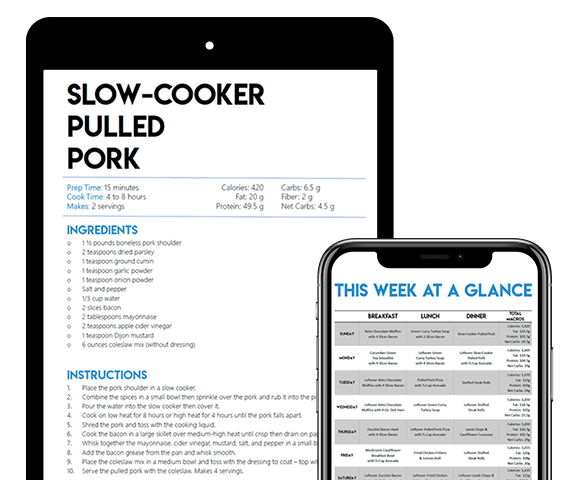
Benefits of Using Body Fat Percentage vs. BMI
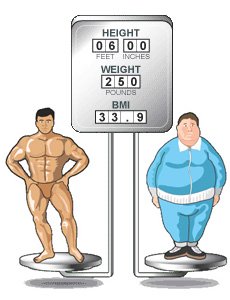 Referring to your body fat percentage when figuring out where you stand is much more accurate and beneficial than going by the standard measure – Body Mass Index (BMI). Your BMI is simply a comparison of your height and weight. The problem with BMI is that it does not take into account fat pounds and lean muscle pounds. Therefore, a 6 foot tall, 200 pound man that has a lot of body fat and a 6 foot tall, 200 pound body builder with little to no excess fat will both have the same BMI. In addition to not being accurate, that BMI scale will tell that body builder that he or she is overweight simply because their weight is too high for their height. Additionally, the BMI scale doesn’t take into account whether you are male or female, your age or activity level. It is simply a ratio of height to weight.
Referring to your body fat percentage when figuring out where you stand is much more accurate and beneficial than going by the standard measure – Body Mass Index (BMI). Your BMI is simply a comparison of your height and weight. The problem with BMI is that it does not take into account fat pounds and lean muscle pounds. Therefore, a 6 foot tall, 200 pound man that has a lot of body fat and a 6 foot tall, 200 pound body builder with little to no excess fat will both have the same BMI. In addition to not being accurate, that BMI scale will tell that body builder that he or she is overweight simply because their weight is too high for their height. Additionally, the BMI scale doesn’t take into account whether you are male or female, your age or activity level. It is simply a ratio of height to weight.
Body fat percentage tells you how much fat you have. The number itself is just a number for reference, but it’s used in a number of different formulas to help you figure out
- how many calories to eat
- what your basal metabolic rate (BMR) is
- how many calories you burn during exercise
Men vs. Women
Women tend to have a much higher body fat percentage. In fact, it is not advisable to ever dip below 15% body fat since such a low number can have detrimental effects on a woman’s thyroid and fertility. Fortunately, it’s quite hard to go below that number! Women naturally carry more fat in the thighs and breasts in preparation for a pregnancy. Extra body fat allows women to bear children and propagate the right hormones across the body.

How to Measure Body Fat
Body fat can be measured in a number of different ways. No matter which way you measure, be sure to stay consistent with the method as each can give different results. As long as you stick to one method and compare that way, you should get a pretty accurate measurement. Here are a few popular methods for measuring body fat percentage:
- BodPod – essentially an air displacement measurement that measures body mass and body fat. High accuracy and a quick testing time!
- Hydrostatic Testing – water displacement testing. It’s very accurate but takes a little while longer and you are submerged underwater!
- Dexa Scan – a small dose of x-rays are sent throughout your body and measures body fat and bone density.
- Body Composition – this test has you stand on a scale with electrodes while holding on to two more electrodes. Small, painless electrical pulses are sent through the body and you receive limb-by-limb analysis of muscle vs. fat!
- Calipers – not as accurate as the rest, but very readily accessible. They pinch certain spots on your body and give you a number read out. Ideally, as you lose weight, the skin folds that the calipers pinch will become smaller. Get your own pair of calipers here!
How Much Body Fat Do I Have? Check out these Comparison Pictures
If you can’t get your hands on one of the tests above, estimate! Use these comparison pictures to see where you may fall in the body fat percentage range.
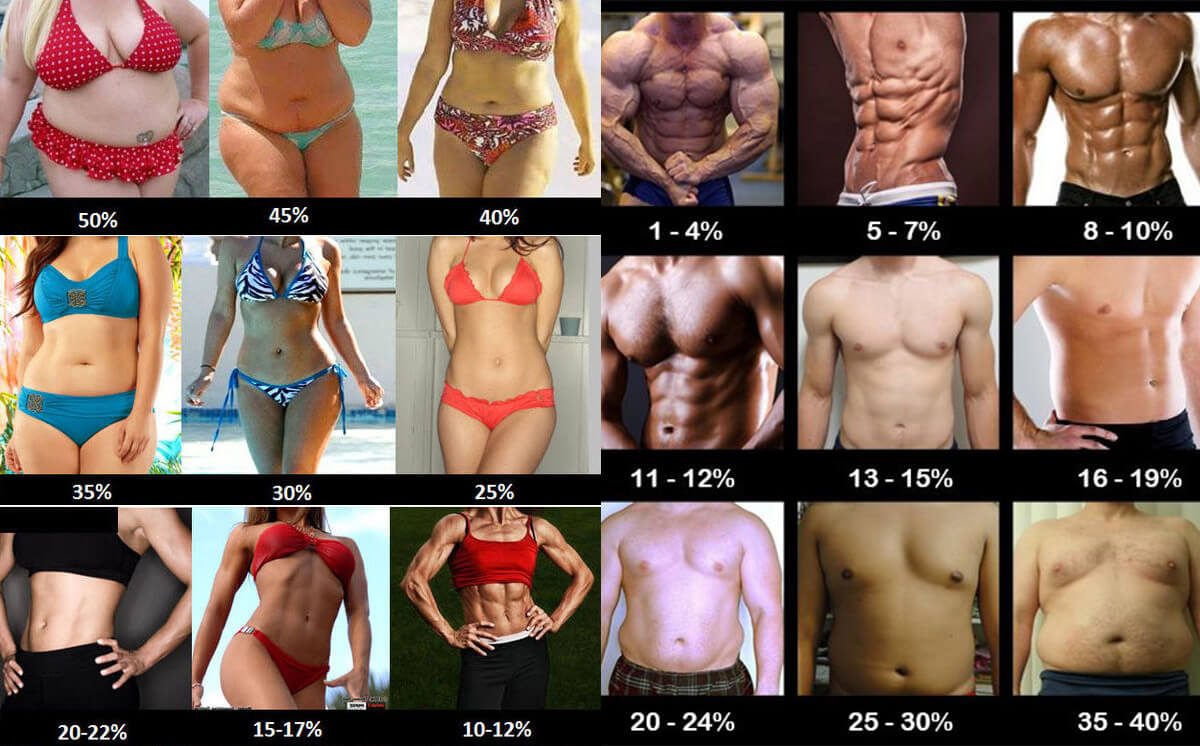
Images adapted from BuiltLean.com!
Once you have a rough idea of where you fall in the body fat percentage range you can use our Keto Calculator to determine all your body statistics and how many calories you should be eating for optimal weight loss!
Disclosure:
We are not nutritionists or doctors and this information is not meant to be given as medical advice. We are two people sharing our success strategies and resources and encouraging you to do further research to see if they’ll work for you too. Before starting any diet, you should consult with your physician to rule out any health issues that could arise. Safety first, results second.
NUTRITIONAL DISCLAIMER
The content on this website should not be taken as medical advice and you should ALWAYS consult with your doctor before starting any diet or exercise program. We provide nutritional data for our recipes as a courtesy to our readers. We use Total Keto Diet app software to calculate the nutrition and we remove fiber and sugar alcohols, like erythritol, from the total carbohydrate count to get to the net carb count, as they do not affect your blood glucose levels. You should independently calculate nutritional information on your own and not rely on our data. The website or content herein is not intended to cure, prevent, diagnose or treat any disease. This website shall not be liable for adverse reactions or any other outcome resulting from the use of recipes or recommendations on the Website or actions you take as a result. Any action you take is strictly at your own risk.
- EPIC Keto Krate Haul! - February 13, 2020
- 30+ Low Carb Snacks (Keto Snacks) with Little to No Prep - January 1, 2019
- Keto Browned Butter Pumpkin Spice Latte [VIDEO] - November 13, 2018
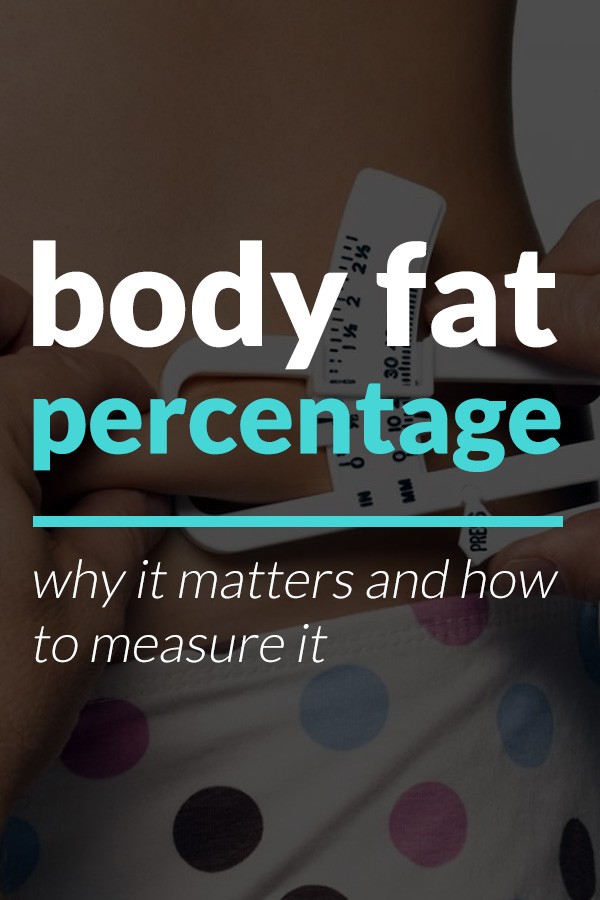




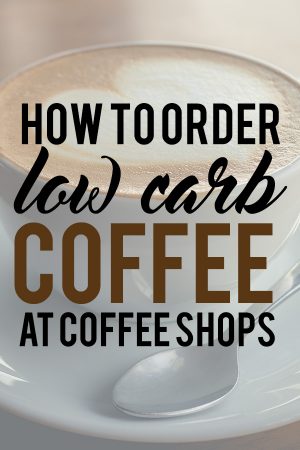


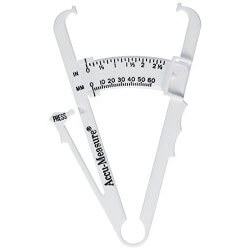

On week 2 day 1 it says to have creamy coffee shake for breakfast but I don’t like coffee. What should I do in its place?
Make it a protein shake instead! Use your favorite low carb protein powder.
Another question I have about the keto diet. I am following the 14 day plan, The keto calculator said that I should have 1371 calories a day,108 grams of fat, 74 grams of protein and 25 grams of carbs. If I add the meals from the 14 day plan but I only make it 1250 calories for the day or I go a little bit over or under these numbers above is that ok or does it have to be exact every day?
You can be as flexible as you like. Eating +/- 100 calories is totally fine and a realistic goal.
Hi Rami
Is there a breakfast cereal that’s around 5g of carbs,
I want to stick to around 20 g of carbs per day on my keto diet!
Thx
Tony
Here are a bunch of breakfast options available on Tasteaholics that are 5 grams of net carbs or fewer: https://www.tasteaholics.com/recipes/low-carb-breakfast/?thekeys=carbs&thevalues=5
If you need more, we also have a ebook with 30 low carb breakfast recipes all 5 grams of net carbs or fewer! Check it out here: https://www.trylowcarb.com/breakfast-in-five/
Hope that helps!
hi rami
Can u pls recommend a low carb cereal I can eat at work !
I’m very busy and don’t have time to do any cooking in the morning 🙁
We actually have a recipe for just that! Hope you enjoy this: https://www.tasteaholics.com/recipes/breakfast-recipes/chocolate-crunch-cereal/
Doesn’t high fat intake cause clogged arteries?
Hi Bob,
This is actually not the case with fat. Please see our complete keto diet guide for a full explanation of why fat is not bad and how keeping your carb intake low will make you much healthier long term and reduce risk for heart disease, help you lose weight and much more:
https://www.tasteaholics.com/the-complete-keto-diet-guide-for-beginners/
Besides the calipers, which as you mention above are not very accurate, where/how can you get these other body fat tests?
I would google the names of the tests and your zip code. Around our area, some colleges and gyms offer these tests for a small fee. There are also many health clinics that do the tests but they charge a bit more. Good luck!